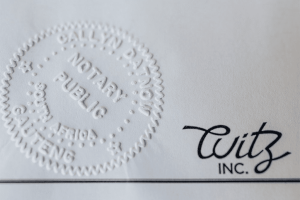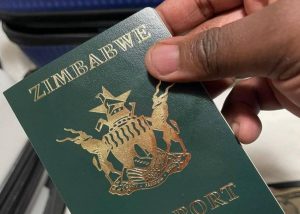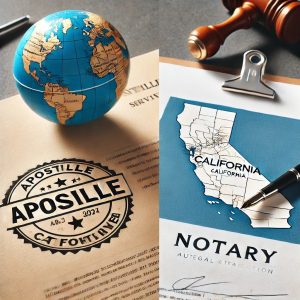This glossary of apostille terms in South Africa has been created to help clarify terms commonly used in the document legalisation process in South Africa. When a document from South Africa is to be used in another country for a legal or business matter, the receiving country will sometimes require that the document be legalised. This is a process that involves verifying the authenticity of the signatures, stamps and seals of public officials that appear on the document.
There are several ways to legalise a document, one of which is the Apostille. Whether you are a seasoned professional or new to the realm of Apostille terms glossary, understanding the terminology used in this field is essential. This glossary of Apostille terms in South Africa is intended to assist individuals in understanding the vocabulary used in the legalisation process of documents to be used abroad.

Glossary of terms
Here’s a breakdown of the key glossary of apostille terms in South Africa:
- Apostille: An Apostille is a legalisation certificate issued by the South African government that makes a South African public document acceptable in another country. The apostille certifies that the signature, seal or stamp on a South African document is genuine so that it will be accepted when presented in another country outside South Africa
- Apostille Agent/Facilitator: Individuals or agencies, such as Global Apostille in Pretoria, provide invaluable assistance in obtaining Apostilles or other document authentications. They ensure that documents meet international standards, simplifying the process for individuals and businesses alike.
- The Apostille Convention (Hague Convention of 1961): Is an international treaty that provides for simplified certification of public (including notarised) documents for use in countries that have joined the convention. South Africa acceded to the Hague Apostille Convention on 3 August 1994 and it entered into force on 30 April 1995. With the aim of facilitating matters when someone needs to use documents issued in one country in another, the Hague Convention creates reciprocal relationships between countries and greatly simplifies the legalisation process by requiring only an apostille. However, both countries must be party to the Hague Convention in order to use this simplified process. When a document has been endorsed with an Apostille, it is in most cases no longer necessary to have another legalisation done by the Embassy.
- Apostille Stamp: This is a special stamp or seal placed by competent authorities to show that a document is genuine. It has a government coat of arms or seal on it to make it more official.
- Applicant: The person who requests authentication or legalisation is known as the applicant. This may be an individual or an organisation.
- Attestation: The act of certifying a document’s authenticity by an authorised official.
- Authentication: The stamp or certificate affixed to a public document when the issuing country and/or destination country is not part of the Hague Convention. It certifies the authenticity of the public official’s signature and any corresponding stamps or seals. Following authentication, further steps must be taken with the embassy or consulate of the destination country to legalize the document.

- Certified Copy: A copy of a document that’s signed and certified as a true copy by the official who has custody of the original document. To be clear, a certified copy is not the same as the original document.
- Competent Authority: The authority designated by a Hague Convention member state to issue apostilles. In South Africa, the government departments authorised to issue apostilles are DIRCO and the High Courts.
- Contracting Parties: Countries that are party to the Hague Apostille Convention.
- Country of Destination (COD): The country in which the apostilled documents are intended to be used.
- DIRCO: DIRCO is the acronym for the Department of International Relations and Cooperation. It is responsible for South Africa’s relations with foreign countries and international organisations, and manages South Africa’s diplomatic missions. DIRCO is one of the government bodies responsible for issuing apostilles in South Africa and is located in Pretoria.
- Exemplification: The process of certifying copies of public documents for Apostille purposes.
- Foreign Public Documents: Documents issued by foreign authorities for use in other countries.
- Issuance of an Apostille: A formal act of providing an Apostille certificate by the competent authority and attaching it to the underlying public document to prove its origin.
- Legalisation: The authentication of foreign public documents for international use, including Apostille. It also includes consular/embassy legalisation for countries not party to the Hague Apostille Convention.
- Notarized Copy
A copy signed by a notary certifying the identity of the holder of the document. A notary does not certify the content of documents. A notarised copy cannot replace an apostille. - Notarial Certificate: A written statement issued by a notary public certifying certain facts related to a notarial act. This certificate serves as official documentation verifying the authenticity of signatures or the contents of a public document.
- Notarization: The act of officially witnessing and certifying the signing of a document by a notary public, often required as a preliminary step before Apostille authentication.

- Public Document: Documents issued by government officials, such as birth certificates, police clearance certificates and court documents.
- Recipient: The person/organisation to whom an apostilled public document is produced in the country of destination.
- SAQA: SAQA is the acronym for the South African Qualifications Authority. It is responsible for the assessment and recognition of qualifications in terms of the South African National Qualifications Framework (NQF).
- SAQA Verification letter: A letter issued by SAQA certifying tertiary qualifications obtained in South Africa. This letter is used for the apostille of the degree for use abroad.
- State of Origin: The country where the (apostilled) public document was issued and where the Apostille authentication process begins.
- Verification: The process of confirming the authenticity of an apostille or public document. It involves checking the accuracy and validity of the document against known standards.
Are there any other terms you’ve come across that aren’t included in this glossary of Apostille Terms in South Africa and would like to see clarified? Let us know in the comments section below.
Global Apostille at Your Service!
Global Apostille can help you obtain an apostille for your South African documents. Our express DIRCO apostille service ensure a seamless process, providing quality apostille certificates promptly. With the experience and skills we have accumulated over the years, through providing numerous South Africans with nothing else but quality apostille documents, we guarantee you that you will not regret choosing our services. In addition to our apostille service, we also provide same-day translation services catering to diverse linguistic needs. For more information, contact us at 012 348 3134, 081 347 6060, or email info@apostillelegalisation.co.za











